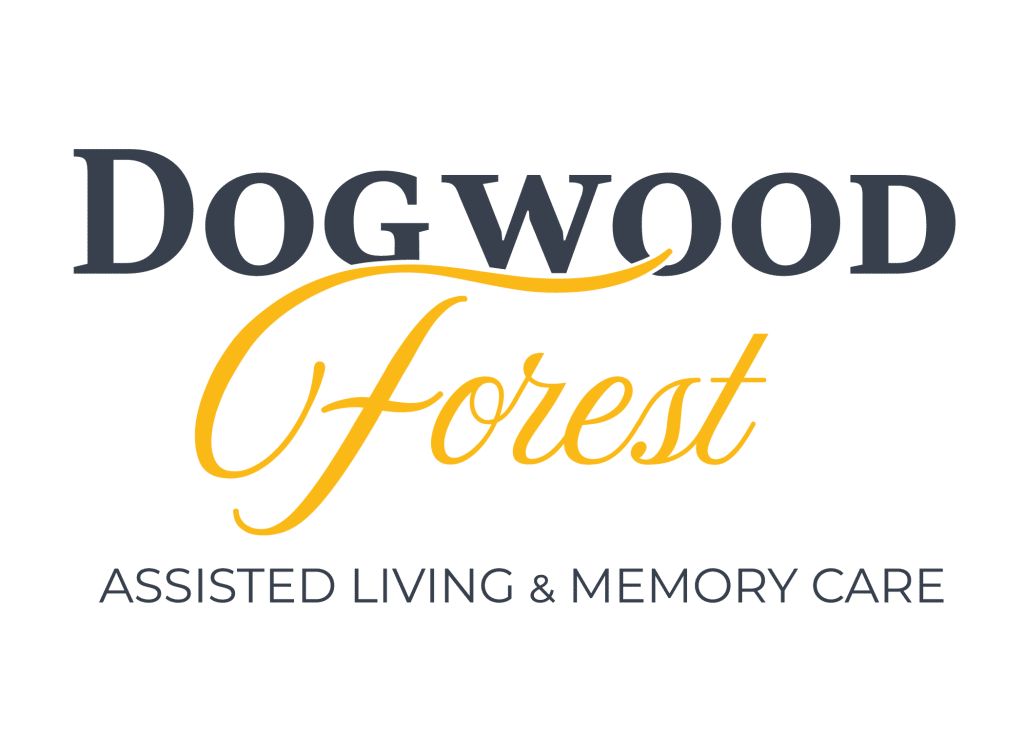Staying mentally sharp is just as important as staying physically active. Many assisted living and memory care communities incorporate games into their life enrichment programs, recognizing their importance in promoting cognitive health and social engagement.
Memory games can be a wonderful tool for older adults to exercise their cognitive abilities and have some fun in the process.
Some of the most beneficial games for cognitive wellness include card matching, Sudoku, word searches, jigsaw puzzles, trivia, bingo, and memory boxes. Each offers unique benefits, from enhancing short-term recall to encouraging emotional connection.
And the best part? They’re easy to learn, highly adaptable, and can be played alone or in groups.
Why Memory Games Matter
Memory games can help preserve and enhance key cognitive functions, such as attention, recall, problem-solving, and focus. For older adults, these activities can reduce the risk of cognitive decline and even delay the progression of memory-related conditions.
Just as importantly, memory games offer emotional and social benefits. They spark joy, invite storytelling, and create meaningful moments of interaction, especially when played with peers, caregivers, or loved ones.
1. Card Matching Game
Card matching is a classic game involving flipping over cards to find matching pairs. It’s simple, satisfying, and particularly effective at strengthening short-term memory and concentration.
You can personalize the game by theme or difficulty. Whether using animal images, nature scenes, or personal photos, themed cards add an engaging layer of interest. It’s easy to enjoy the game solo or engage with others.
2. Sudoku
Sudoku is a number-based puzzle that challenges players to complete a 9×9 grid using logical reasoning and pattern recognition.
It’s excellent for mental stimulation and comes in a range of difficulty levels, making it ideal for beginners and experienced puzzlers. Seniors who enjoy structure and problem-solving often find Sudoku both calming and rewarding.
3. Word Search Puzzles
Searching for hidden words within a themed grid can improve visual scanning, vocabulary, and memory.
Word searches are relaxing yet stimulating—perfect for quiet moments or small group activities. Personalizing the puzzles with words that are meaningful to the player (like names of family members, favorite hobbies, or past travel destinations) makes them even more engaging.
4. Jigsaw Puzzles
Jigsaw puzzles help challenge the brain to recognize patterns and shapes, supporting visual-spatial reasoning and focus.
Choose puzzles with large, easy-to-handle pieces and colorful images that spark interest. They can be a calm solo activity or a collaborative group project that brings people together around a shared goal.
5. Trivia Games
Trivia games encourage players to recall facts from a wide range of topics, including history, sports, pop culture, geography, and more. You can easily customize trivia themes, from family history to travel destinations.
These games keep the mind active and sharp, especially when they include personalized questions referencing the individual’s life or experiences. Trivia is also wonderfully social, building camaraderie and encouraging laughter and conversation.
6. Bingo
Beloved for its simplicity and social nature, bingo is a go-to activity in many senior communities. It promotes number recognition, attention, and quick thinking.
Add themed bingo cards, music, or small prizes to boost excitement. It’s an easy-to-follow game that helps build anticipation and joy into the weekly routine.
7. Chess or Checkers
Chess and checkers aren’t just classic board games—they’re “calisthenics for the mind.” These strategy-based games support memory by encouraging players to plan ahead, recognize patterns, and think critically.
Checkers offers a simpler, faster-paced game that promotes spatial awareness and strategic thinking. Chess can provide a deeper challenge for those who enjoy complex problem-solving and long-term planning.
Older adults can play both games one-on-one or in community tournaments, making them as social as they are stimulating.

Tips for Making the Most of Memory Games
You can help bring joy and ease to your next memory game with these simple tips:
- Build a routine by incorporating games into a consistent weekly schedule, creating structure & anticipation
- Tailor to interests with themes & formats that reflect the individual’s personal history & hobbies
- Prioritize inclusivity by adapting games based on physical & cognitive ability to remain accessible
- Keep it social by encouraging group participation for added fun, support, & emotional benefit
More Ways to Support Brain Health for Seniors
Memory games are just one piece of the cognitive wellness puzzle. A lifestyle that supports the brain holistically includes movement, social engagement, and creative expression.
Physical Activity
Physical activities, such as light exercise or stretching routines, help improve physical health and boost cognitive function by increasing blood flow to the brain.
Walking, yoga, or gentle aerobics are moderate activities that can help enhance memory and focus while reducing the risk of cognitive decline.
Social Engagement
Staying connected to others reduces feelings of isolation and helps preserve cognitive function. Group activities, shared meals, and community events contribute to a more vibrant, connected life.
Meaningful social engagement can lower the risk of depression and delay the onset of memory-related conditions.
Creative Outlets
Creative hobbies are another powerful way to stimulate the brain. Activities such as painting, knitting, gardening, or playing a musical instrument encourage problem-solving, concentration, and emotional expression.
These hobbies engage the mind and can add purpose to your life, reducing the risk of certain diseases—including dementia.
It’s Never Too Late (iN2L) at Holbrook Senior Living Communities
At Holbrook and Dogwood Forest, we believe in enriching every day for our residents through innovation, connection, and purpose. That’s why we’ve introduced It’s Never Too Late (iN2L) technology across our Inspired Living (memory care) communities.
iN2L provides an easy-to-use, interactive platform that helps residents stay mentally engaged, socially connected, and emotionally fulfilled. Using intuitive touchscreen devices, residents can easily explore a rich library of activities designed to match their interests and hobbies. From memory games and brain teasers to favorite music playlists, spiritual programming, and virtual travel adventures, iN2L offers something for everyone. It also helps bridge connections with loved ones through video calls and storytelling activities, creating more opportunities for joy, familiarity, and meaningful interaction every day.
By integrating iN2L technology into our Inspired Living neighborhoods, we’re creating more opportunities for memory care residents to connect with their passions, share meaningful moments with loved ones, and continue growing every day—fostering independence, dignity, and a vibrant sense of community.
Supporting Seniors Through Enrichment & Connection
Life enrichment activities, like memory games, support independence and mental wellness in older adults. With the right tools, structure, and encouragement, seniors can continue to learn, laugh, and grow every day.
At Dogwood Forest of Grayson, our community is designed to empower residents to thrive in mind, body, and spirit. We provide personalized memory games, life enrichment programming, and compassionate support to nurture cognitive health through every interaction.
Schedule a tour today to experience the warmth, engagement, and care our senior living community offers in Grayson.
